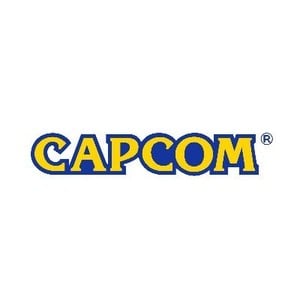News
Capcom Publishes Guidelines for Derivative Works
posted on by Rafael Antonio Pineda

CAPCOM allows creators to sell derivative works as long as they are confined to a "hobbyist" scope with small volume and small sales, such as through dōjinshi (largely hobbyist self-published projects). However, the company forbids selling derivative works with the intent of profit, at which point, it may intervene to prohibit the sale and distribution of the work. CAPCOM will not explicitly state the definition of what qualifies a work as being sold within a "hobbyist" scope. CAPCOM also allows the sale of garage kits and unofficial figures within events such as Wonder Festival, but it is based on the guidelines of the event itself.
CAPCOM forbids certain types of content to be shown in the derivative work, including:
- Content that is discriminatory or obscene, or otherwise violating standards of public decency
- Defamatory content
- Religious or political content
- Anti-social or immoral content
- Content containing intellectual property from third-parties
- Content that harms the perception of the original intellectual property
- Content that can be mistaken as official or approved CAPCOM content
- Content that harms or has an otherwise harmful effect on CAPCOM's business activities
- Content that uses CAPCOM's company logo or the intellectual property's logo
- Content that directly uses or copies copyrighted work by CAPCOM without meaningful alterations
- Content that CAPCOM otherwise deems as unsuitable
Within the industry, much of the guidelines are already understood by fan creators and rights holders as an "unspoken agreement," especially regarding selling a derivative work within a "hobbyist" scope. Rights holders rarely explicitly publish guidelines for derivative works. Ume Musume Pretty Derby is one notable example of another franchise that has published guidelines for derivative works.
Source: Capcom